Research Foci

Chemical Biology and Drug Discovery

Materials Science

Synthetic Chemistry
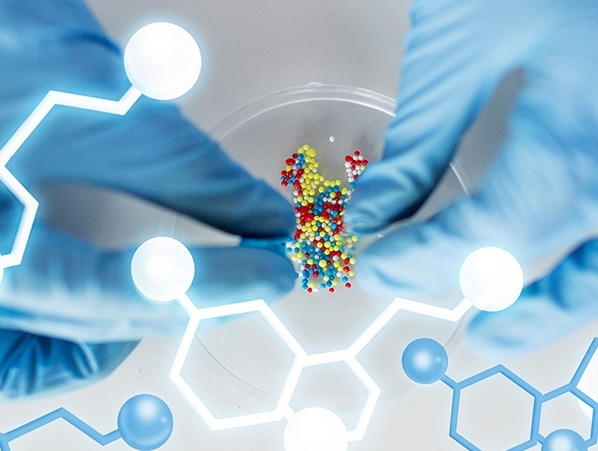
Physical and Computation Chemistry
Chemical Biology and Drug Discovery

Chemical Biology and Drug Discovery
Chemical Biology is an interdisciplinary area, focusing on the underlying chemical principles of biological processes, i.e. biology at the molecular level. By studying the interactions of natural and unnatural molecules (normally low-molecular-mass molecules) with biomolecules, the mechanisms of biological processes can be better understood in sufficient depths at the molecular level, and the information so obtained is also invaluable for development of new medicine.
The Department of Chemistry and Research Division of Chemistry are heavily involved in research in this area at the highest level and our staff expertise ranges across biological and medicinal aspects of analytical, inorganic, organic and physical chemistry. More specific areas include: identification of post-translational modification (PTM) of histones and effect of PTM on chromatin compaction, chemical biology of natural products and inorganic medicine, fluorescence (and relevant labeling) toolboxes for tracking cellular processes such as reactive oxygen species, proteins and nucleic acids, and development of new approaches and chemical agents for diagnosis and treatment of cancer and infectious diseases.
Research in chemical biology has been supported by the State Key Laboratory, Area of Excellence (Chemical Biology Approach for Molecular Medicines), Health@InnoHK Program, Chemical Biology Centre, joint laboratories with the Chinese Academy of Sciences, and research impact fund (RIF) and collaborative research fund (CRF) from Research Grants Council (RGC).
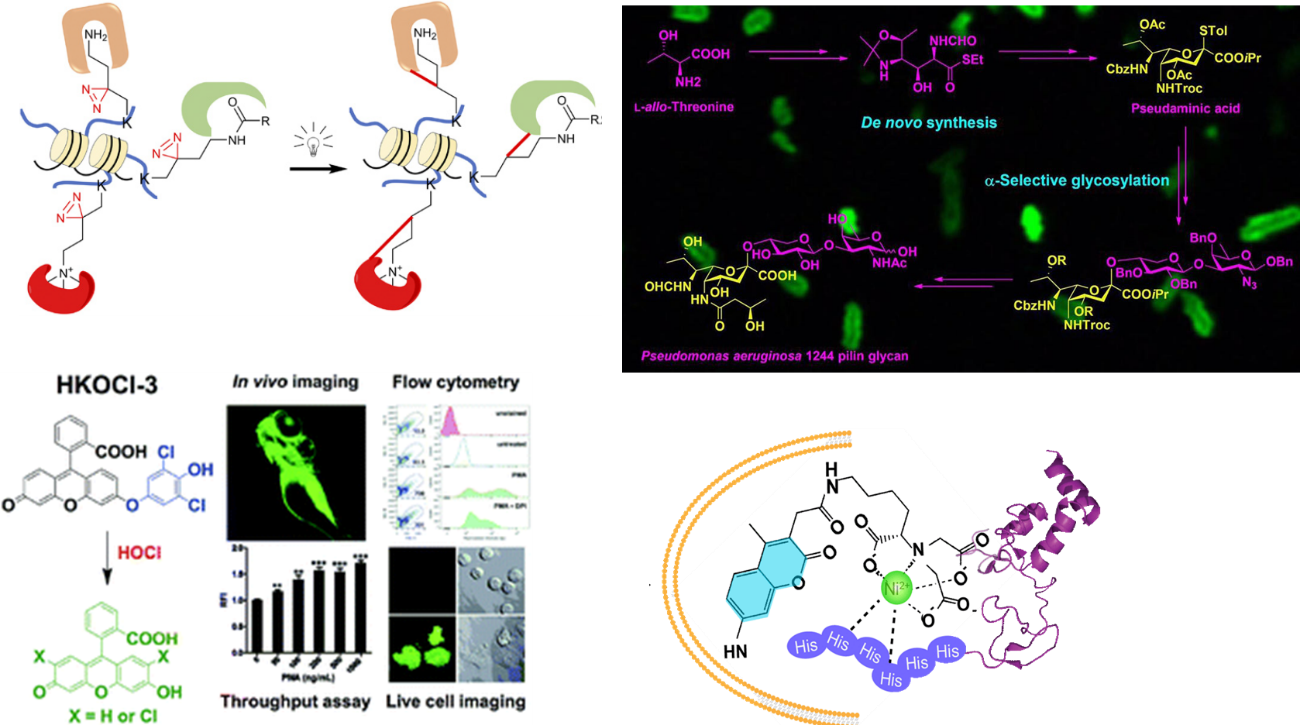
Materials Science

Materials Science
Functional materials research is one of the top priority strategic areas of development in science and technology in the 21st century. Organic, metal-organic, inorganic, polymeric, colloidal and hybrid compounds can serve as versatile building blocks for functional materials. They can be rationally engineered and prepared, and their functional properties can be readily tunable with a proper understanding of their structure-property-function relationships. The upcoming depletion of fossil fuels and the growing population as well as desire for better quality of life have placed enormous pressure on energy. Such massive demand for energy would also require the development of materials and processes that would help to meet the global challenge.
Chemistry, which is a discipline that can create and manipulate molecules and chemical compounds, has played a key and central role in the areas of Materials and Energy. The Department of Chemistry has research expertise in addressing and tackling some of the most important fundamental issues and challenges in frontiers areas of science in Materials and Energy research.
The ability to create novel functional materials is crucial to the discovery of new functional properties and improved performances in a number of important technologies, including solar energy conversion, energy conversion for light emission, energy transformation and energy storage in batteries. Functional materials not only have enormous and unpredictable potentials in materials and nanoscopic sciences, but also provide unique opportunities for applications in advanced molecular science. HKU Chemistry has a strong tradition of synthetic organic and inorganic chemistry research, especially in the creation of new functional materials. These, together with the strong expertise in supramolecular chemistry, photophysics, photochemistry, ultrafast spectroscopy, electrochemistry, theoretical/ computational chemistry and the state-of-the-art research infrastructure and spectroscopic and structural characterization facilities, have provided the critical mass and synergy as well as the research environment for frontier research in this area.
The Department under this area mainly focuses on novel materials for light emitting, light harvesting, photosensitizing, stimuli-responsive, sensing, switching, nanorobotics, catalysis (photocatalysis, electrocatalysis, biocatalysis, thermal catalysis), memory storage, fuel cell, energy storage and bio-relevant functions. All these are of high relevance and significance to materials and energy research that will have huge energy and environmental implications.
Synthetic Chemistry

Synthetic Chemistry
Synthetic chemistry is the heart of what makes chemistry unique—the ability to make substances by synthesizing and changing their structures at the molecular level in the laboratory. New and efficient production of chemicals can be achieved, and new chemical structures give rise to new properties and new functions to solve emerging problems in our world today.
Parallel to these applications is research to develop chemical reactions that can make these molecular transformations possible-- the fundamental and basic research on chemical reagents and reactions that empower chemists to make molecules selectively, using environmentally benign technologies.
Synthetic chemistry efforts in the HKU Department of Chemistry include the development of new synthetic methodology, oxidations, reductions, asymmetric catalysis and peptide couplings. The application of these chemical reactions have resulted in the synthesis of anti-cancer compounds, antibiotics, drug libraries, new materials, probes for chemical biology studies, polymeric materials, peptidomimetics and natural products.
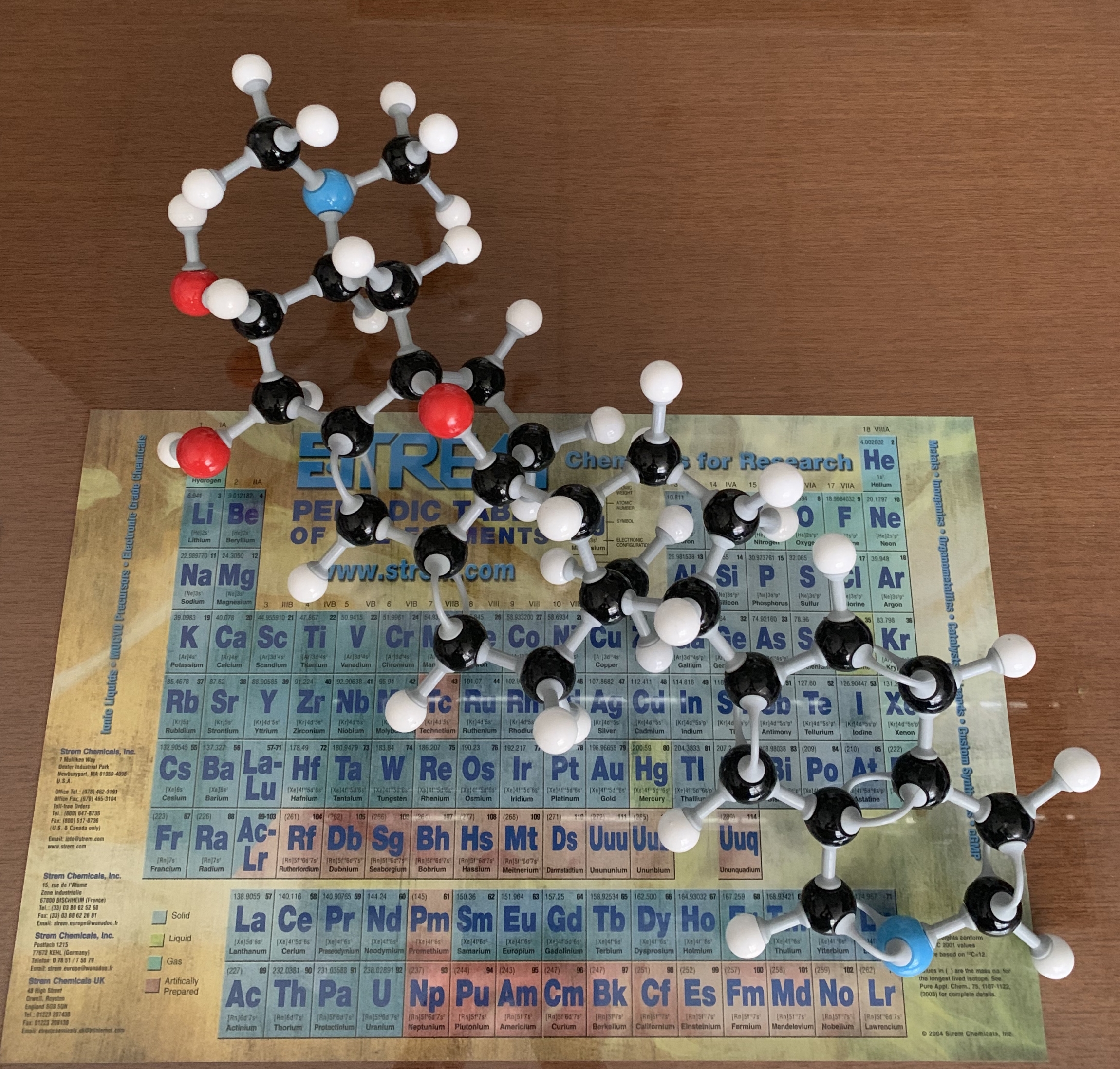 |
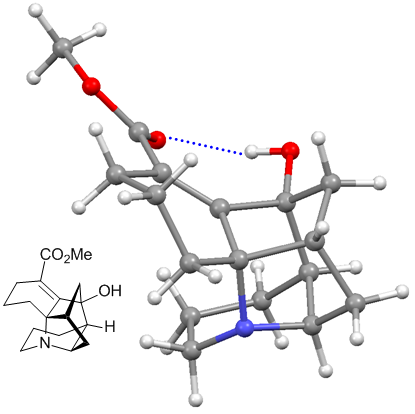 |
Physical and Computation Chemistry

Physical and Computation Chemistry
Physical and computational chemistry provides insights of chemistry occurring in atoms, molecules and materials by laws of physics and models of mathematics. Sophisticated tools and methodologies of analytical instrumentation and quantitative computations are developed to afford their interpretation capability and predictive power. Machine learning and data sciences are arguably new emerging area and a supplement to the traditional way of conducting physical and computation chemistry research.
One of the important application scenarios of these cutting-edge techniques is to probe fundamental principles underpinning microscopic molecular transformations during chemical reactions by combining various methods of spectroscopy and simulation. One meritorious challenge is confronted with reaction control and design at a quantum level by specific needs.
Physical and computational chemistry research in the HKU Department of Chemistry spans a broad range of topics and is highly multidisciplinary across chemistry, biology and materials sciences, with focused interplay between experiment and theory. Specific research themes include laser spectroscopy and catalysis, photochemical dynamics, structures and properties of reaction intermediates, excited states and energy transfer, molecular modeling of energy materials, quantum transport theory for open systems, machine-learning-based computational tools, development of new quantum chemistry methodologies, big data genome mining, integrated evaluation of emerging properties of topological carbon nanostructures.
 |
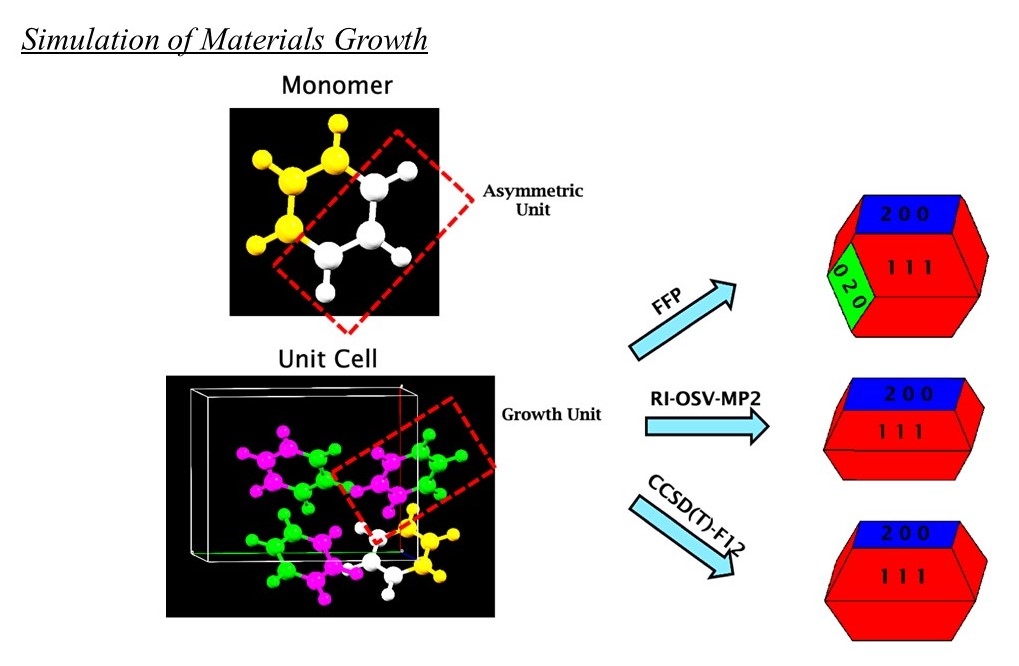 |
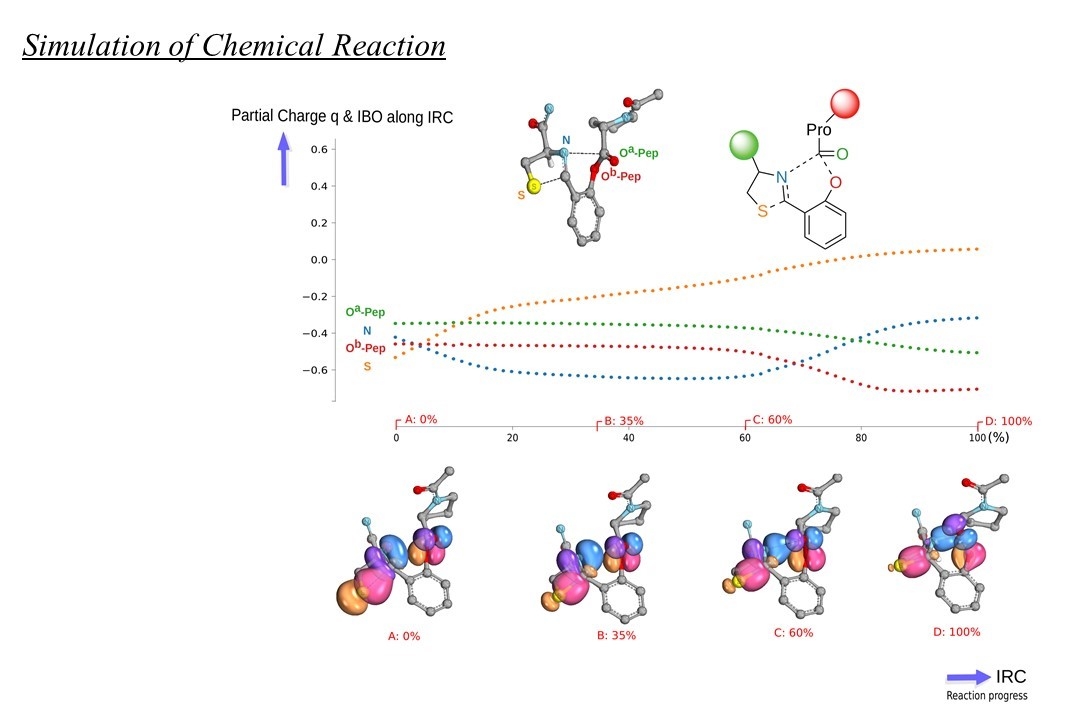 |
